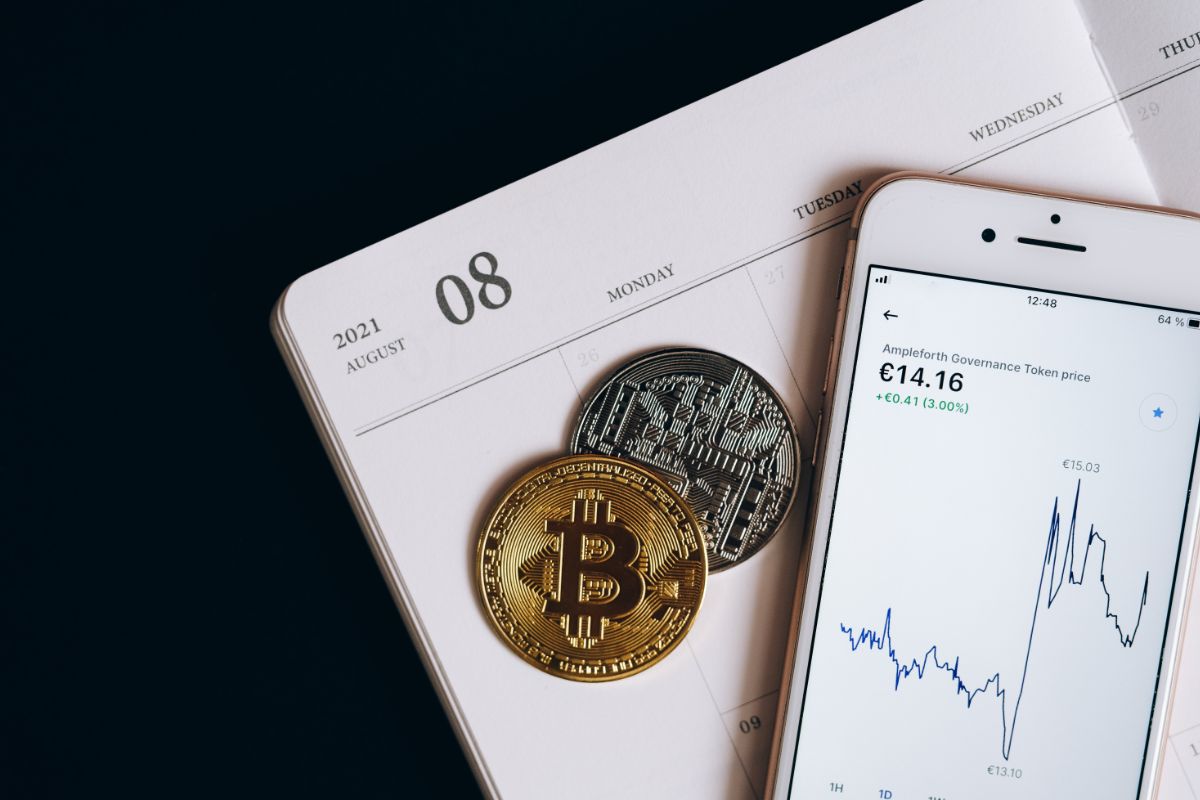Wash sales occur when you sell an asset at a lower price than you paid for it. This is often done to reduce tax liability or to take advantage of a short-term capital gain.
A wash sale occurs when you sell an asset for less than its purchase price.

If you purchased bitcoin for $10,000 and then sold it for $5,000, you would be able to deduct only half of the loss from your taxes.
Wash sales are not allowed in the United States. However, they can be used to offset losses on other investments.
What Is The Law On Crypto Wash Sale?
Cryptocurrency can be confusing because there aren’t any regulations governing it yet. If you’re looking to invest in digital currencies, it might be best to seek advice from a professional.
An advisor can help you put together a plan for your investments and goals.
What Exactly Are The IRS Wash Sale Style Rules?
The wash-sale rule prohibits investors from buying a security at a loss and immediately reselling it within 30 days.
This rule applies to all types of investments, including stocks, bonds, mutual funds, exchange-traded funds, options, futures contracts, commodities, real estate, and collectibles.
You cannot re-sell security for a profit if you bought it at a price below its current market value.
If you sell a security for a gain, you must report your sales and pay taxes on them.
For example, if you sold a bond for $100, and you paid $95 for it, you will need to report the sale and pay taxes on the difference ($5) between what you received and what you paid.
Investors who fail to comply with the wash-sale rule may face stiff penalties.
In addition, they could lose access to their retirement account. The wash sale rule is designed to prevent investors from taking advantage of the tax code.
If you sell a security for less than what you paid for it, then you won’t get to claim a tax deduction for the difference. For example, if you bought stock for $100 and sold it for $90, you’d still owe taxes on the $10 gain.
However, if you had bought the same stock for $50 and sold it for $40, you would be allowed to offset that $10 gain against your capital gains for the year and pay no taxes on the $10.
Does Wash Sales Actually Apply To Crypto?
As of January 2020, there is no crypto tax wash sale rule. Cryptocurrency is considered property, like real estate, stock, or bonds.
If you hold a cryptocurrency, and you want to sell it, you must wait until you have sold it at a gain before you can deduct the loss against other income. You cannot simply sell it at a loss and then buy it back later.
There is also a catch. This rule only applies to cryptocurrencies that are “not securities.” It doesn’t apply to cryptocurrencies that are considered securities, such as bitcoin, ether, or tokenized securities.
These fall under different regulations, including the Securities Act of 1933 and the Securities Exchange Act of 1934. Say you bought $100 worth of Coin, then decided to sell it.
If you sold the same amount of Coin in the next month, you couldn’t buy any other cryptocurrency, either.
That’s because cryptocurrencies aren’t like stocks. There isn’t an exchange that allows you to easily trade them back and forth.
To get around this issue, you could sell your COIN and invest the proceeds in another crypto asset. But before you do that, you need to consider whether the crypto you plan to invest in is substantially similar to the one you just sold.
The IRS doesn’t offer a clear definition of what constitutes substantial similarity. However, it does provide guidance on how to determine if two assets are substantially similar.
For example, if you were to sell 1 BTC for ETH, you might not be able to buy substantially similar assets within 30 days of that transaction.
Could Wash Sales Rules Happen When Crypto Is Involved?
Cryptocurrencies are very similar to stock market investments. Both are digital currencies that are traded on exchanges. So far, there hasn’t been any regulation of either, although the SEC is looking closely at them.
If congress passes the Build Back Better Act, cryptocurrencies will be treated like stocks, mutual funds, and bonds when applying the wash sale rules.
This means that if you sell your cryptocurrency at a loss and buy another cryptocurrency, you may owe capital gains taxes on the difference.
Cryptocurrency wash sales are currently restricted to stocks and ETFs, but if the SEC decides to extend the rules to cryptocurrencies, it will likely occur sometime in 2022.
That will mean that investors will have less time to sell before the market moves against them.
How Can You Avoid The Violations For The Wash Sales Rules?
Wash sales are often misunderstood. Wash sales are when you sell an investment and then buy it back within 30 days. If you do this, you will owe capital gains tax on the difference between what you sold and what you bought back.
You may also need to report the transaction to the IRS. However, if you wait 60 days, you won’t violate any laws.
There are other ways to get around wash sales, but they require extra steps. For example, you can borrow money against the shares and then repay the loan.
Or you can use margin trading. But there are risks associated with all of these strategies. If you buy something similar to something else you already own, you could run afoul of the wash sale rule.
If you do that, you will need to report the loss on your taxes. But there are ways to get around the rule. For instance, you can sell off some of your stock holdings and then purchase an energy ETF.
That way you aren’t really selling anything since you’re just replacing one asset class with another.
If you sell your stock within 30 days of buying it, then you must report any gain or loss on the sale to the IRS. If you bought the stock at $100 and sold it for $150, you will need to pay taxes on the $50 profit.
But if you buy back the same shares at $150, you won’t have to pay any taxes because you’re selling them at a lower price.
You’ll just end up with a $50 capital gains deduction instead of paying taxes on the original $50 gain.
Final Thoughts
Cryptocurrencies like Bitcoin and Ethereum are becoming increasingly popular among investors. However, it’s important to understand the risks associated with investing in cryptocurrencies before you start buying coins.
Cryptocurrencies are not regulated by any government authority, and there are no laws requiring them to pay taxes.
If you sell a coin at a loss, then you may owe capital gains tax on the difference between what you paid for it and what you sold it for.
You might also owe income tax on any profits you earn from selling your coins.
- Is It Too Late To Invest In Bitcoin? - June 17, 2022
- How To Find New Crypto Coins - June 17, 2022
- How Long Does A Bitcoin Transaction Take? - June 17, 2022








